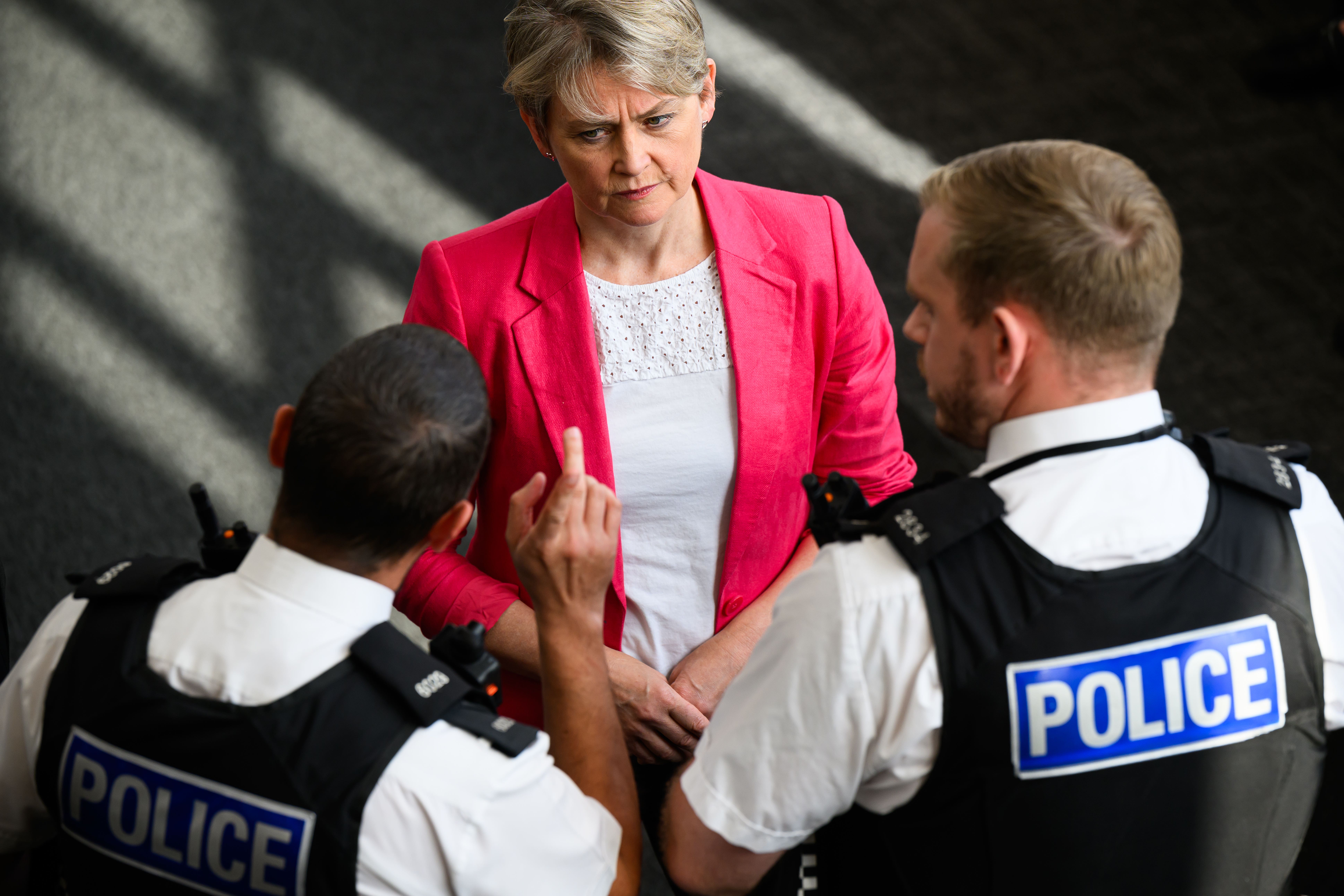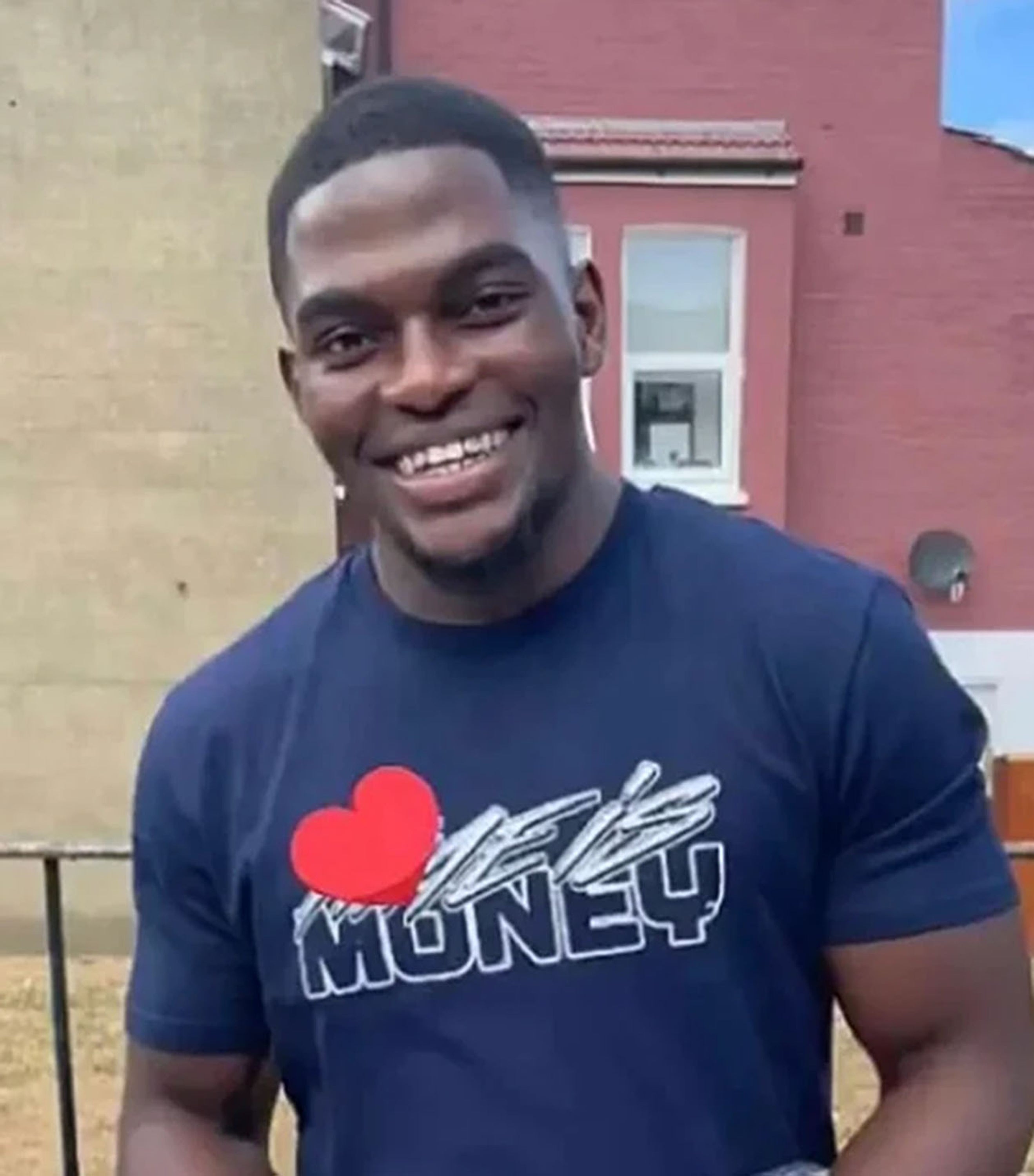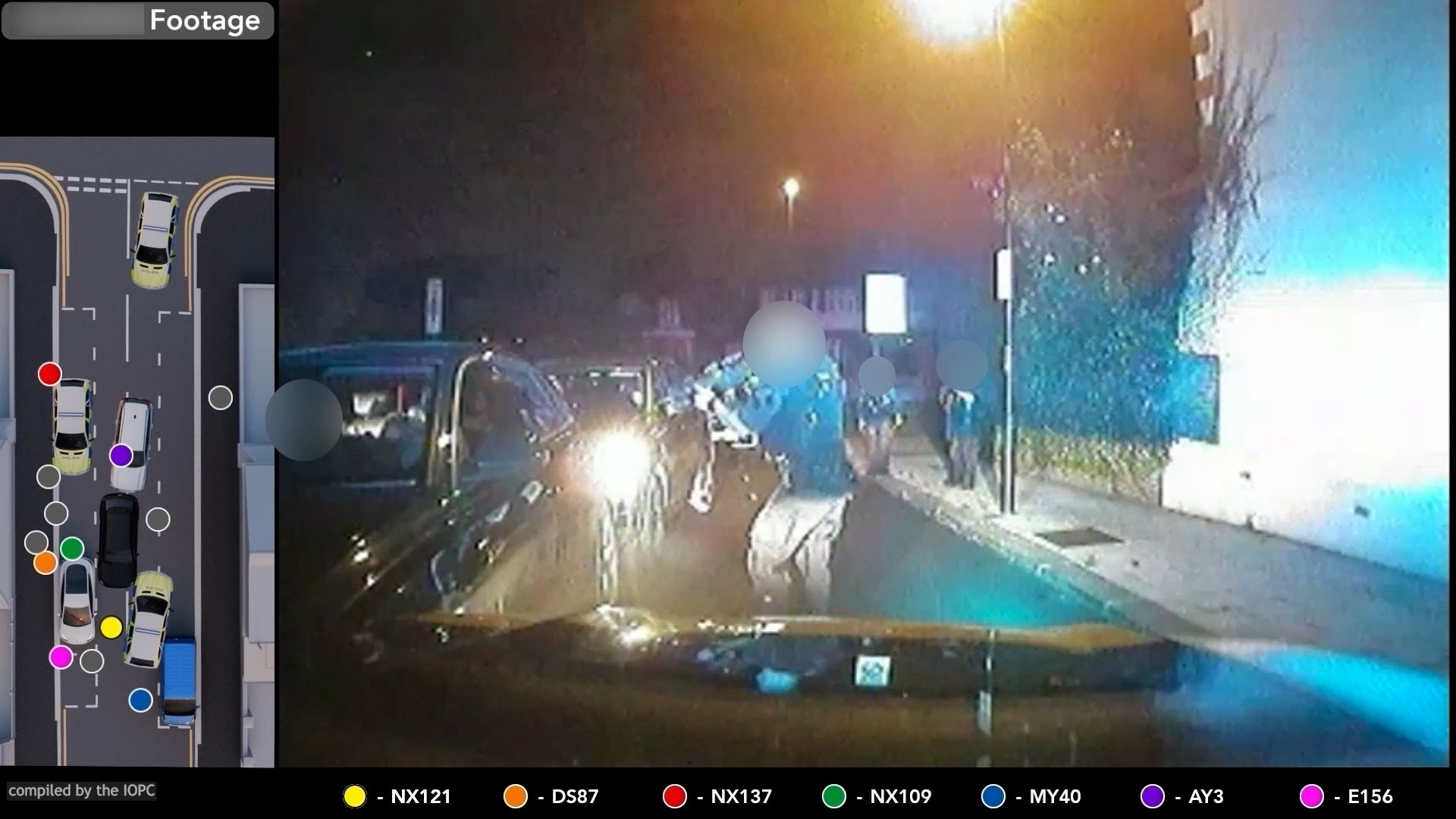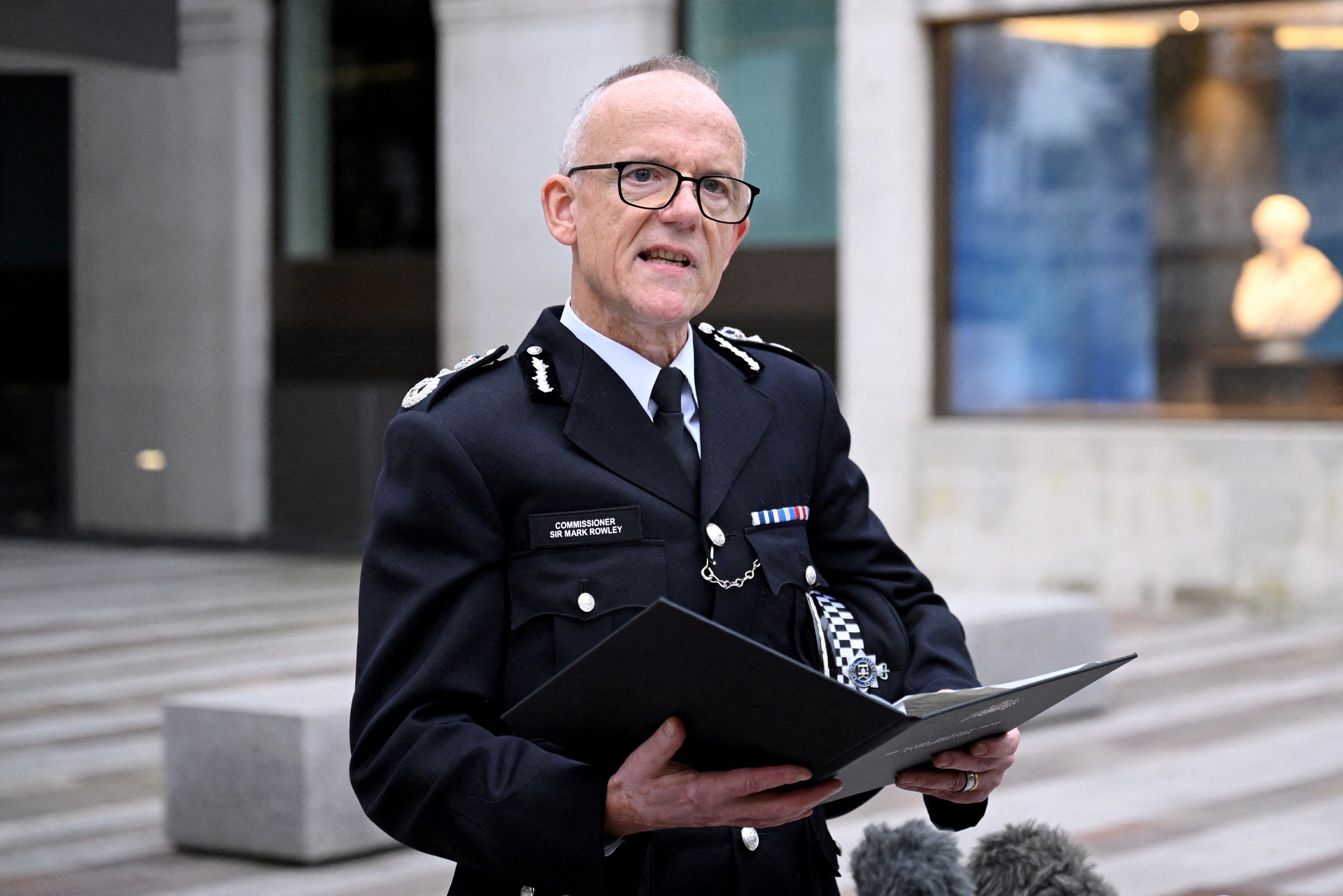Police on trial for shooting suspects to be given anonymity after Chris Kaba marksman forced into hiding
Yvette Cooper said it is vital that officers ‘are not put in further danger’ during criminal proceedings if they fire their gun in the line of duty

Police will be granted anonymity in court if they are charged over a fatal police shooting in measures announced in the wake of an outcry over the Chris Kaba murder trial.
Home secretary Yvette Cooper unveiled plans for firearms officers facing criminal proceedings over police shootings to be granted a presumption of anonymity up until the point of a conviction.
However critics fear the move is a “dangerous step”, with Labour MP Diane Abbott warning “nothing could be more damaging for police community relations” than the idea that police are above the law.
Inquest, which supports Mr Kaba’s family and other victims of state-related deaths, also hit out at the plans, insisting the principles of open justice must apply “equally” to police and civilians.
The announcement comes after Metropolitan Police sergeant Martyn Blake was said to have been forced into hiding after he was accused of murdering unarmed driver Mr Kaba in a police shooting.
A jury unanimously acquitted the officer after hearing the 24-year-old tried to ram his way out of a police stop in Streatham, southwest London, on 5 September 2022.
Sgt Blake was refused anonymity in the trial despite his lawyers arguing the officer was at risk of reprisal attacks from members of a violent gang known as the Lambeth “67”. The 40-year-old is reportedly still living in hiding after a £10,000 bounty was offered to anyone prepared to kill him.
Following the verdict, Metropolitan police commissioner Sir Mark Rowley said the police accountability system was “broken” and expressed concerns it might lead to a loss of morale among firearms officers.

In a statement to the Commons on Wednesday, the home secretary announced a package of reforms overhauling how firearms officers are held to account.
Suella Braverman had previously started a review when she was home secretary in 2023, when almost 100 officers refused to carry their guns after Sgt Blake was charged. However Ms Cooper vowed to take the previous government’s proposals further.
She told the Commons: “It is imperative that the jury’s verdict is respected and that Sgt Blake and his family are given the time and space that they will need to recover from what will have been an immensely difficult experience for them during both the investigation and the trial.”
She said the trial had taken place against “a backdrop of fallen community confidence in policing” and officers were facing “unacceptable delays” in the accountability process.
When things go wrong the focus is too often on the decisions of the individual officer and issues around poor training, unmanageable caseloads other practices are overlooked, she added.
Announcing plans to introduce anonymity measures under the Crime and Policing Bill, she added: “When officers act in the most dangerous situations on behalf of the state it is vital that those officers and their families are not put in further danger during any subsequent legal proceedings.
“So we will therefore introduce a presumption of anonymity for firearms officers subject to criminal trial following a police shooting in the course of their professional duties, up to the point of conviction.”
It would make keeping the officer’s identity hidden the starting point for judges, who would still be able to consider applications for this to be overturned.

However Deborah Coles, director at Inquest, told The Independent: “Anonymity for police officers involved in deaths goes against the principles of an open and transparent justice system. The rule of law must apply equally to police as it does to the general public
“Given the disquiet abut police killings, and racism and misogyny within the police, this will be seen as calculated attempts to evade scrutiny and accountability and further erode public confidence.
“The government should instead focus on ending the culture of police impunity which frustrates the prevention of abuses of power, deaths, ill treatment and misconduct.”
Weyman Bennett, co-organiser at Stand Up To Racism, fears anonymity may give officers “license to kill” without proper scrutiny.
He told The Independent: “The police should not be given anonymity when they shoot people. They are public servants who disproportionately stop and search Black communities. Giving the police license to kill without proper accountability is a dangerous step.”
Fellow STR campaigner Sabby Dhalu added: “Naming police officers charged for shooting people is in the public interest.”
Meanwhile former Metropolitan Police superintendent Leroy Logan, a founding member of the Black Police Association, insisted armed units need a higher level of scrutiny.
“There’s a toxic subculture within the armed police units that needs far higher level of scrutiny,” he told The Independent.
“As it stands, they are cocooned in their own little world, an isolated bubble in policing. The reality is that there are less chances of armed officers deescalating situations involving Black people, as we saw in the Chris Kaba case and similar others.”

Other measures proposed by Ms Cooper include a rapid independent review of legal thresholds for use of force in misconduct and coronial proceedings and the creation of a database of “lessons learned” from deaths or serious injury after police contact.
The government will also take forward proposals to strengthen police vetting and misconduct, including placing vetting standards on a statutory footing.
In addition, bereaved families will be given the right to appeal when the Independent Office for Police Conduct decides not to seek a charge against an officer. The police watchdog is currently reviewing whether Sgt Blake should still face disciplinary proceedings over the shooting.
The measures will “strengthen the confidence the police must have when they are out on the street each day, doing the difficult job of keeping us all safe”, Ms Cooper added.
Shadow home secretary James Cleverly said he “agreed with almost all” of the proposals put forward by the government.
